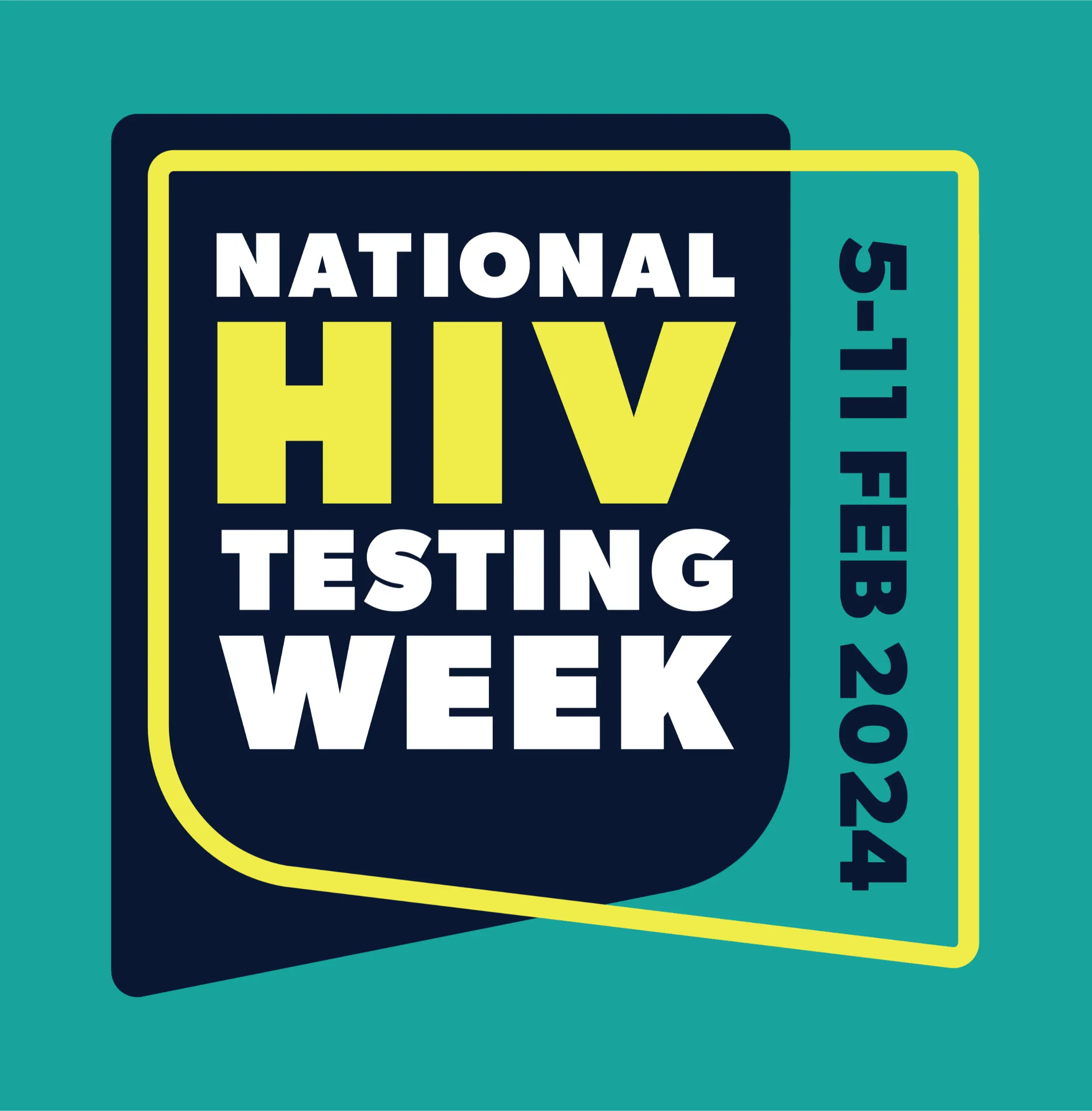Guidelines following the Monkeypox outbreak (18 August 2022)
We are pleased to inform clients that we have supplies of Monkeypox vaccine in our Mid and West Essex sexual health clinics. We are able to offer 1st vaccine dose and also 2nd vaccines if your 1st vaccine was more than 8 weeks ago.
Please do not contact the North/ South Essex or Thurrock sexual health clinics directly as they do not have any vaccines. If you reside in these areas you are able to contact the community pharmacy numbers at the bottom of this guideline to access the vaccine
If you have any symptoms please continue to call us on our usual number. If you suspect that you have Monkeypox you should isolate at home until you have been assessed by a health professional.
Please keep an eye on our website for any updates.
What is Monkeypox?
Monkeypox is a rare infection most commonly found in west or central Africa. There has recently been an increase in cases in the UK, but the risk of catching it is low.
Monkeypox is usually a mild self-limiting illness, spread by very close contact with someone with monkeypox. Most people recover within a few weeks. Some people can become unwell and require hospital admission but most people are well enough to stay at home if they are able to self-isolate safely.
Although monkeypox can affect anyone, the majority of those cases are among gay and bisexual men. it’s particularly important to be aware of the symptoms if you’re in these groups.
Monkeypox is passed from person to person by close physical contact with monkeypox blisters or scabs which may occur during sexual contact. Cases have been seen with sharing bedding and towels used by someone with monkeypox.
What are the symptoms of Monkeypox?
If you get infected with monkeypox, it usually takes between 5 and 21 days for the first symptoms to appear.
The first symptoms of monkeypox include: a high temperature, a headache, muscle aches, backache, swollen glands, shivering (chills), exhaustion, joint pain
A rash usually appears 1 to 5 days after the first symptoms. The rash often begins on the face, then spreads to other parts of the body. This can include the mouth, genitals and anus.
When to call us?
You have a rash with blisters, anal pain or bleeding from your bottom and have either:
been in close contact, including sexual contact, with someone who has or might have monkeypox (even if they’ve not been tested yet) in the past 3 weeks
had 1 or more new sexual partners in the past 3 weeks
been to west or central Africa in the past 3 weeks
Please stay at home and avoid contact with other people, this includes sharing towels or bedding. Please do not attend a clinic unless you are asked to.
If you have been diagnosed with monkeypox you need to isolate at home which can be up to 21 days. This reduces the risk of this infection spreading further into the community
If you have not had any close contact with someone this is unlikely to be monkeypox but if you have symptoms please contact us on 0300 003 1212.
Other sexually transmitted infection may have the similar symptoms so do not ignore them and please call us on 0300 003 1212
If your child has a rash or symptoms, please call your GP or NHS 111 for advice.
Can we treat monkeypox?
Monkeypox is usually a mild illness that people recover from in a few weeks without any treatment. People who are older, children and anyone living with a condition that affects their immune system such as HIV are at higher risk of needing support in hospital.
Do condoms prevent you catching or passing on monkeypox?
We always encourage use of condoms to prevent sexually transmitted infections (STIs). Monkeypox is not an STI by nature, though it can be passed on by direct contact during sex.
The spots, ulcers and blisters, which are most likely to pass on monkeypox, can appear on any part of the body, so condoms will not necessarily prevent transmission of the virus between two people who are in direct contact, including during sex.
Although it is not clear if monkeypox can be transmitted through genital secretions, UK Health Security Agency (UKHSA) is advising the precaution of using condoms for 12 weeks after a confirmed diagnosis of monkeypox.
Vaccination to protect against monkeypox
Monkeypox is caused by a similar virus to smallpox. The smallpox (MVA) vaccine should give a good level of protection against monkeypox.
The vaccine supply is very limited at the moment so we are only able to offer this to men who are gay, bisexual or have sex with other men. Staff who work in environments where people attend for sexual activity may also be eligible.
If you would like a vaccination and you fit within these eligible groups. We are offering vaccination in some of our clinics and with our pharmacy partner Community Pharmacy Essex (CPESX).
If you live in Harlow please call us on 0300 003 1212 and we can offer you an appointment in our clinic in Harlow. Due capacity and vaccine availability we are only able to offer this to Harlow residents only.
If you live in Chelmsford, Colchester, Basildon or Thurrock please call our pharmacy partner Community Pharmacy Essex (CPESX) on 01245 460079. This maybe an answering service, please leave your details and they will be contacted back within 24 hours (Monday to Friday) from that number or from a mobile ending **8979. They are offering vaccination in the Colchester and Basildon area. You do not need to live in these areas in order to receive a vaccination and if you are willing to travel you can book an appointment.
The vaccine is in short supply but CPSEX can advise you on this. Currently we are only offering a single dose but booster doses will be offered in the future when the vaccine becomes more available.
We will contact more people to come forward for vaccination when the vaccine becomes more available. Please wait to be contacted if you are not within the eligible groups.
If you have any concerns on your sexual health please contact us on 0300 003 1212
For further information on monkeypox & vaccination
https://www.nhs.uk/conditions/monkeypox/







